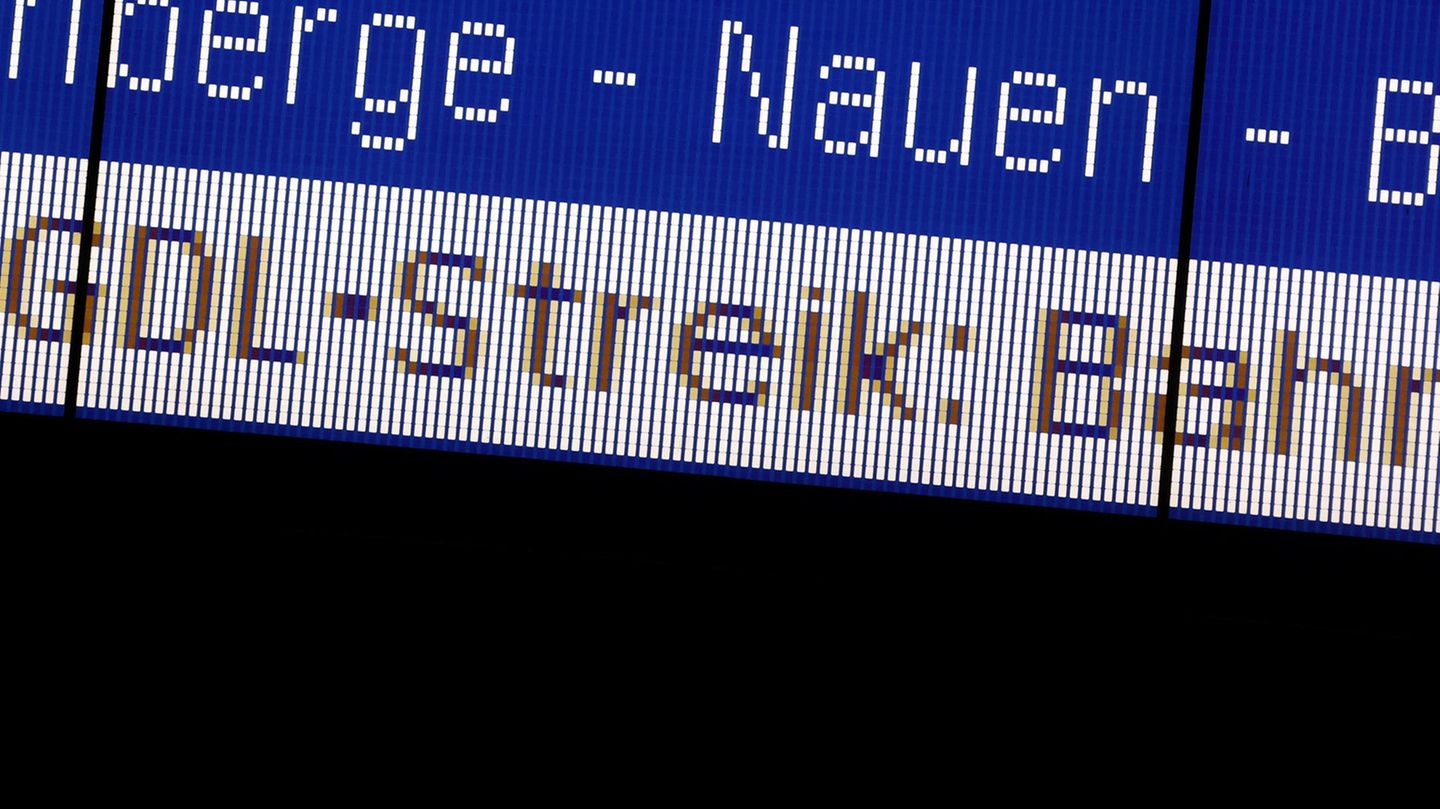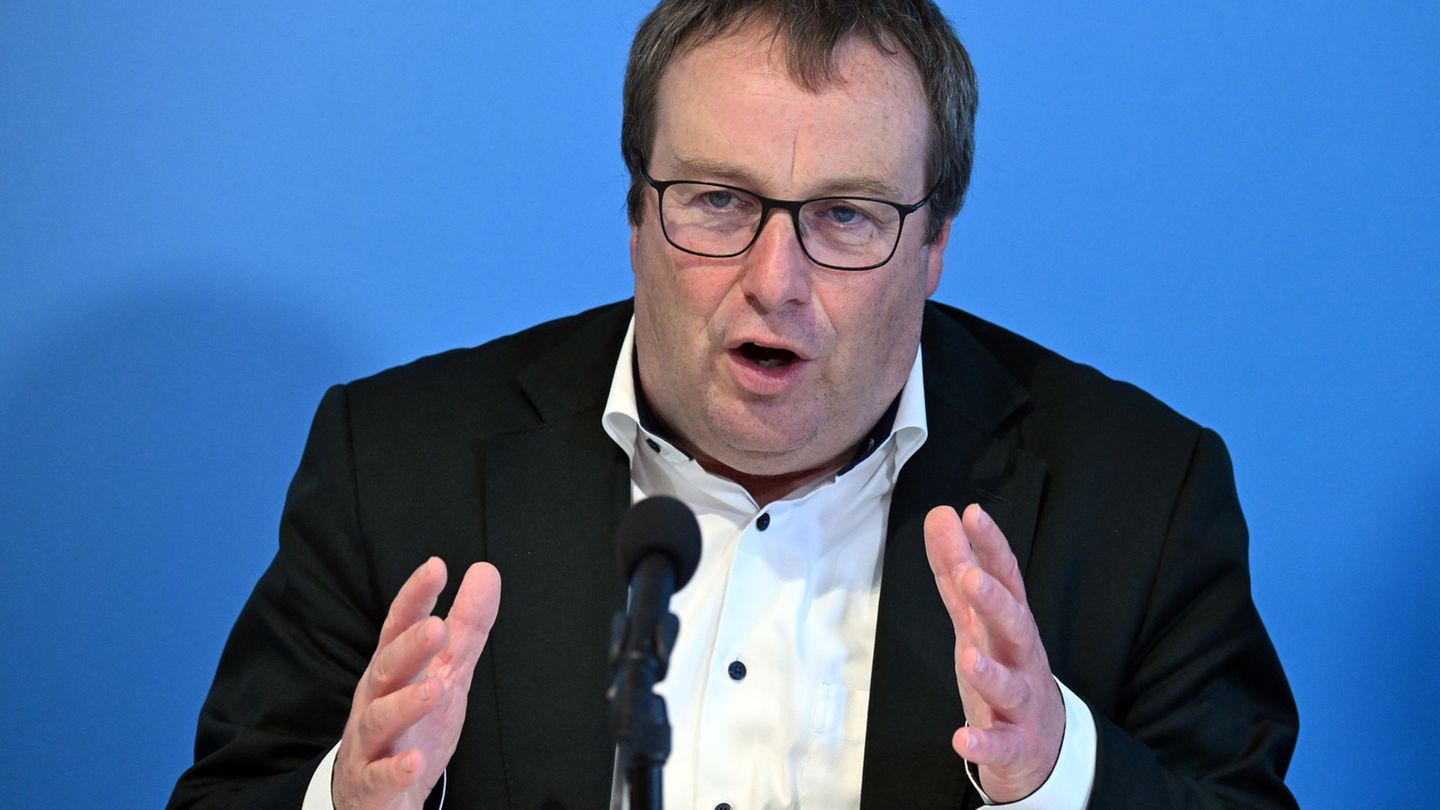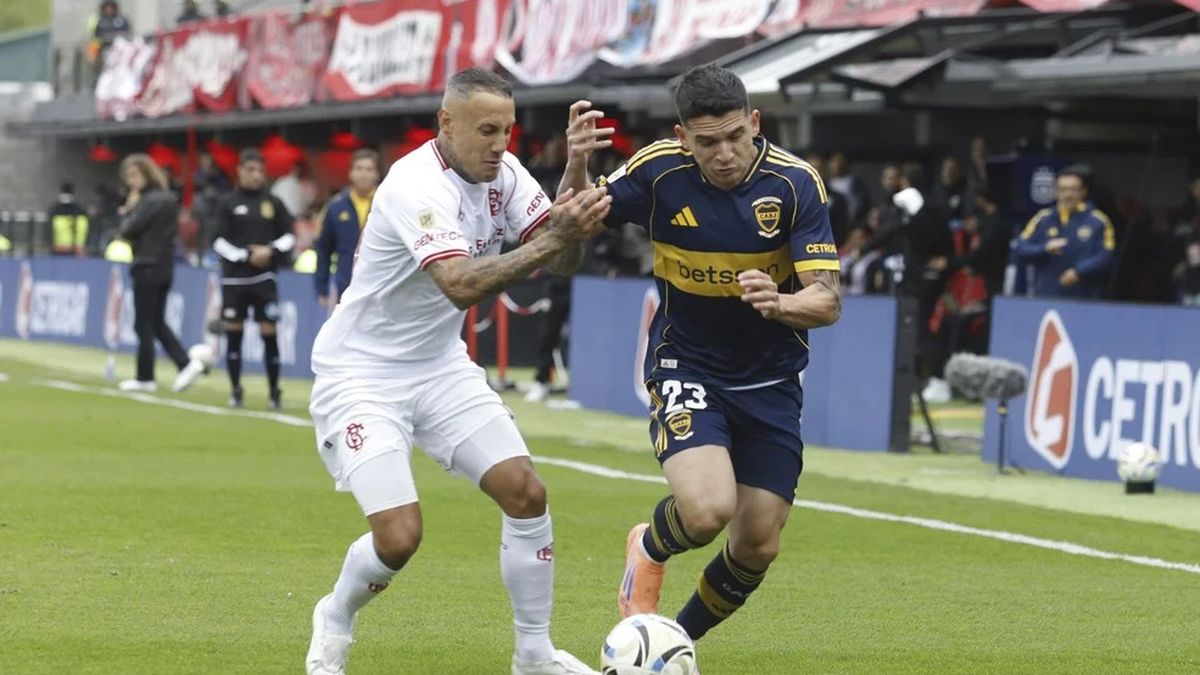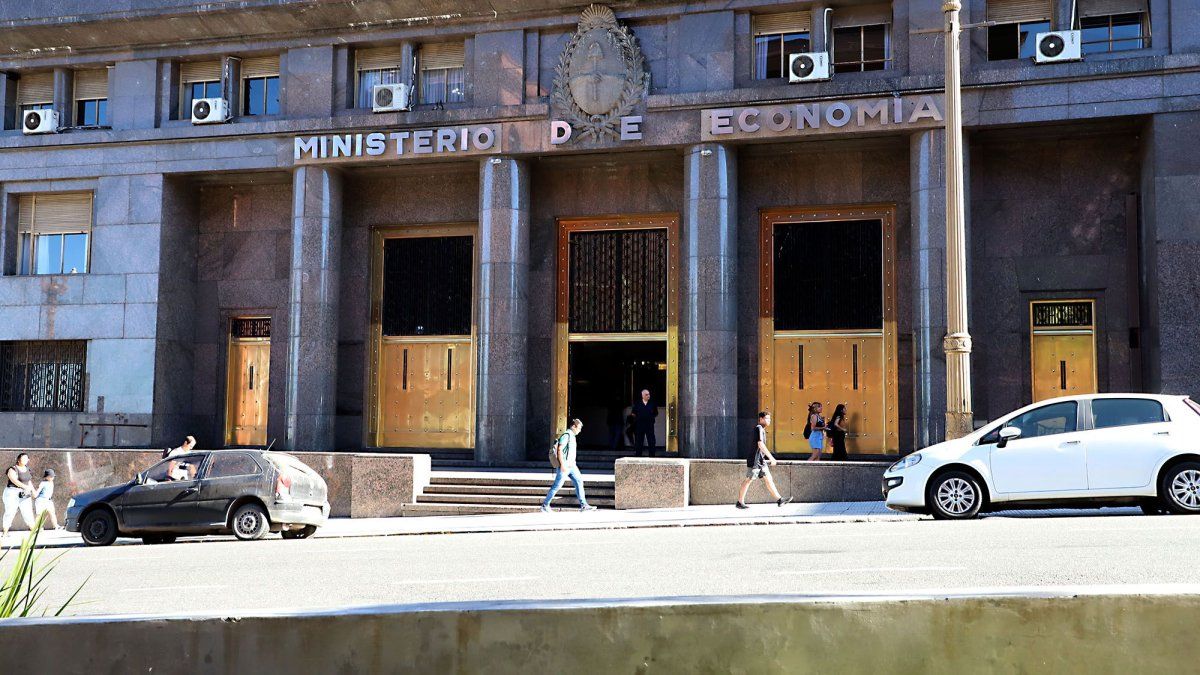The collective bargaining conflict between Deutsche Bahn and the train drivers’ union GDL continues to escalate: the majority of members have spoken out in favor of indefinite strikes. Can GDL boss Weselsky get the railway to give in?
Deutsche Bahn is threatened with strikes lasting several days and thousands of train cancellations next year. The members of the train drivers’ union GDL have cleared the way for indefinite industrial action by voting, as GDL boss Claus Weselsky announced in Frankfurt am Main. 97 percent of the voting members were in favor of it. “Overall, our colleagues have sent a clear signal,” said Weselsky about the result. Indefinite strikes required 75 percent approval. According to Weselsky, voter turnout was more than 70 percent.
Hardened fronts when it comes to working hours
The union had recently promised not to call for industrial action up to and including January 7th – Afterwards, the vote gives Weselsky and his members the opportunity to strike the railway for days. “What’s coming now will be stronger, longer, harder for customers,” the union boss announced in comparison to previous warning strikes.
The GDL and Deutsche Bahn have only been negotiating in the current collective bargaining dispute since the beginning of November, but they quickly got stuck. Already after the second round, Weselsky declared the negotiations had failed and subsequently pushed the ballot among the GDL members.
The longest GDL strike lasted 127 hours
A central sticking point in the conflict is the reduction in weekly working hours for shift workers with full pay, as demanded by the GDL. The union wants to achieve a reduction from 38 to 35 hours. The railway considers this to be unachievable, among other things in view of the shortage of skilled workers. In addition, the union is demanding, among other things, 555 euros more per month as well as a tax- and duty-free inflation compensation bonus. The railway has already promised, among other things, eleven percent more – but with a term of 32 months.
After a strike vote, strikes no longer have to be limited in time. “We are so responsible that we will not strike forever,” Weselsky said recently. But there won’t be any more 24-hour strikes.
In previous collective bargaining rounds, strikes lasting several days were not uncommon. The longest GDL strike to date on the railway took place in May 2015 with 127 hours (5 days plus 7 hours) in passenger transport and 138 strike hours (5 days plus 18 hours) in freight transport. At that time, however, it was the eighth strike since the collective bargaining dispute began. In 2021, the GDL went on strike for around five days.
Source: Stern




